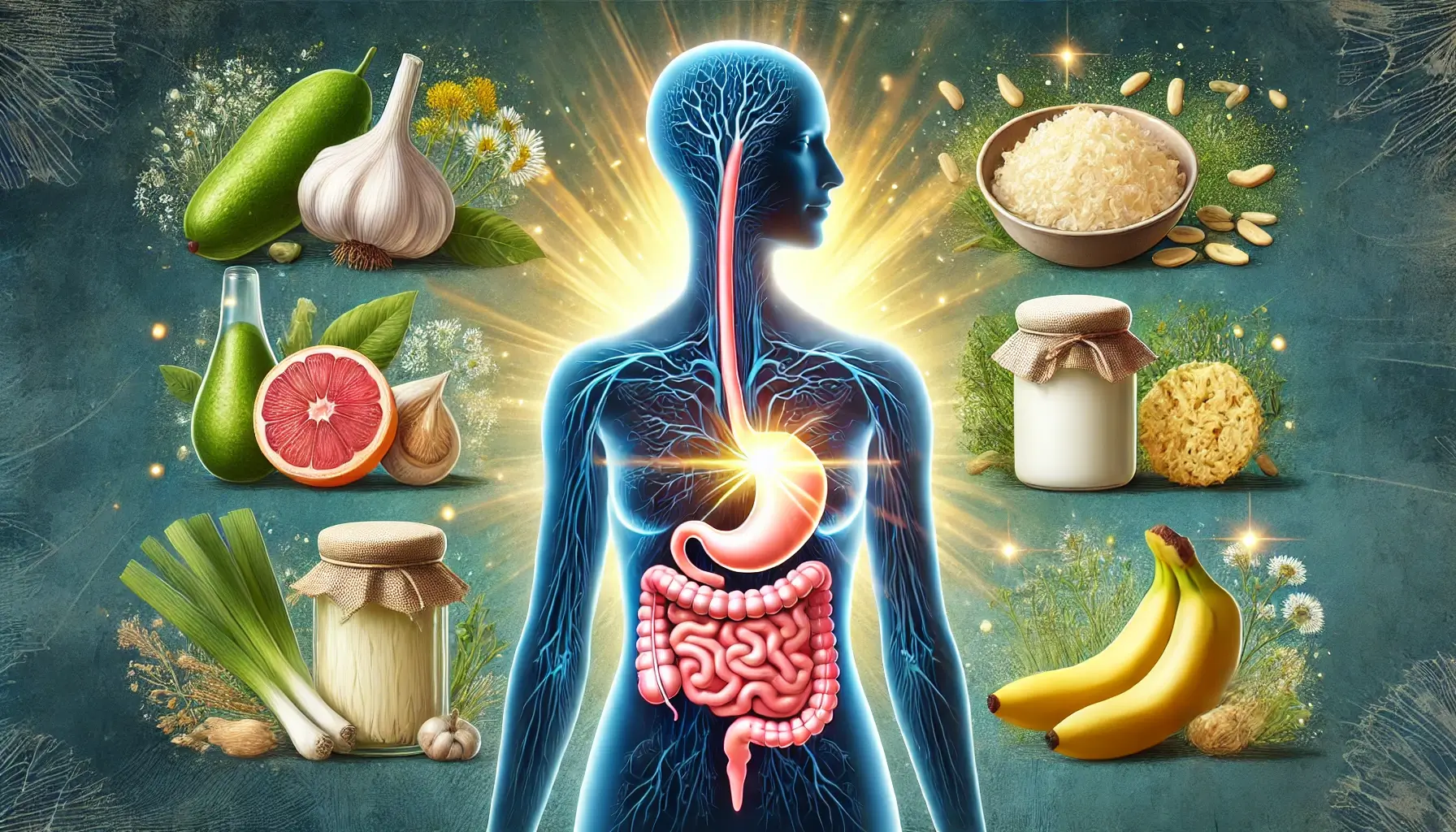What is Ulcerative Colitis?
Ulcerative colitis (UC) is one of the two most common types of inflammatory bowel disease (IBD) that affects the gastrointestinal tract. It causes persistent inflammation and ulcers (sores) on the inner lining of the large intestine (colon) and rectum.
Here’s the breakdown of ulcerative colitis:
Symptoms:
Diarrhea, which may be bloody, is a classic symptom of UC. The frequency and severity of inflammation can vary depending on the extent of the disease.
Abdominal pain and cramping: Painful cramping, particularly in the lower left abdomen, is prevalent.
Urgent need for a bowel movement (urgency): Frequent and unexpected urges to bowel movement can be pretty disturbing.
Smoking and exposure to particular bacteria or viruses may influence the development of UC.
Rectal bleeding: Fresh blood mixed with stool or blood streaks on toilet paper may indicate ulcerative colitis.
Weight loss: Poor food absorption or decreased appetite can cause difficulty maintaining weight or unintended weight loss.
Fatigue: Tiredness and lack of energy are common symptoms of chronic inflammation.
Feeling bloated: Inflammation and extra gas can cause abdominal bloating.
Causes:
The specific cause of ulcerative colitis is uncertain. However, various elements are considered to contribute:
Immune System Dysfunction: A malfunction of the immune system is thought to have an important role. The immune system mistakenly assaults healthy tissues in the colon, causing inflammation.
Genetics: Having a close relative with UC enhances your chances of having the ailment.
Environmental Factors: Smoking and exposure to particular bacteria or viruses may influence the development of UC.
Stool tests can detect the presence of blood, infection, or white blood cells, which may indicate inflammation.
Diagnosis:
Diagnosing ulcerative colitis frequently requires a combination of tests:
Medical history and physical exam: Your doctor will review your symptoms, medical history, and family history before performing a physical exam to look for signs of inflammation or soreness in the abdomen.
Stool tests can detect the presence of blood, infection, or white blood cells, which may indicate inflammation.
Imaging tests: X-rays, CT scans, or MRIs may be performed to image the colon and detect abnormalities such as inflammation or obstruction.
Endoscopy: This procedure involves introducing a thin, flexible tube containing a camera (colonoscopy) into the rectum and colon to observe the interior lining directly. During an endoscopy, tissue samples (biopsies) may be collected for additional examination under a microscope to confirm the diagnosis and rule out other possibilities.
Treatment:
Although there is no cure for UC, effective therapies can alleviate symptoms, reduce inflammation, and improve quality of life. Common therapeutic strategies include:
Anti-inflammatory drugs, such as aminosalicylates, can help lower colon inflammation.
Immunomodulators: These drugs inhibit the immune system’s reaction and reduce inflammation.
Corticosteroids: These treatments are effective anti-inflammatory agents; however, due to probable adverse effects, they are usually used for short-term relief.
Biological medicines: These newer, more targeted treatments inhibit specific molecules involved in the inflammatory process.
Diet and Lifestyle Changes: Making dietary changes and dealing with stress can help you manage your symptoms and improve your overall health.
Surgery: In severe cases where medical care fails to control symptoms or complications occur, the colon may need to be removed surgically (colectomy).
Many people with UC can live active and satisfying lives.
Living with ulcerative colitis:
Ulcerative colitis can be a complex condition, but with the right therapy and lifestyle changes, many people with UC can live active and satisfying lives. Here are some resources that you may find helpful:
The National Institute of Health (NIH) on Ulcerative Colitis: https://www.niddk.nih.gov/
The Crohn’s and Colitis Foundation: https://www.crohnscolitisfoundation.org
If you have symptoms of ulcerative colitis, see a doctor for a precise diagnosis and tailored treatment plan.













